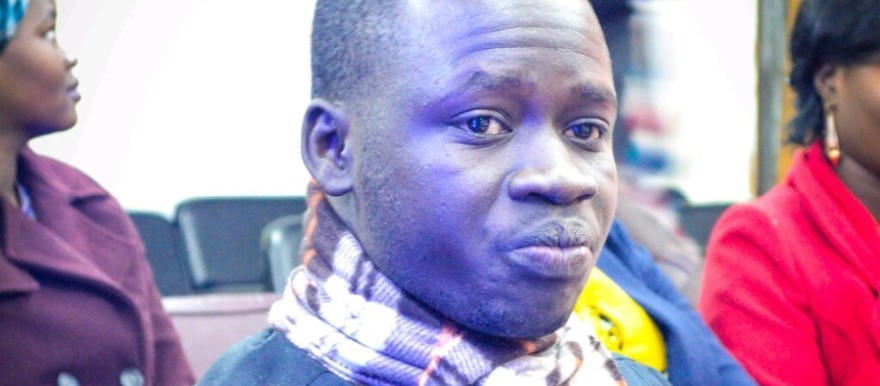It has been one year and six months since the South Sudan government decided in July 2017 to block access to popular South Sudanese news websites over what the government said was a “hostile” reporting against the government of President Salva Kiir Mayardiit. The Sudan Tribune, the Nyamilepedia, Radio Tamazuj and Paanluel Wel were all affected by the ban.
The ban affecting these news websites had its own negative effects on the people of South Sudan for the last one year and a half year. Although the government believed that the battle was between it and the media, the reality is that the South Sudanese citizen is the ultimate loser in this game.
One of the negative effects which came as a direct result of this ban is that the ordinary citizens in the capital Juba itself are unable to buy a newspaper in the form of hard copy which costs around 150 SSP making it difficult for them to know what might be taking place around them and about their country.
Apart from the right to press freedom, now there is a ‘revitalized’ peace agreement in place between the government and opposition groups. As such, there should be also a peace between the government and the press as the later provides news services to the people government represents.
With a peace agreement in place between the parties to the ongoing conflict in South Sudan, there is no any concrete reason for the government of South Sudan to keep the ban enforced on July 17th 2017. As rival political leaders accepted to forget the past and open a new page, there is need also the government should open a new page with the media.
It is so selfish when some government offices and ministries are allowed to access these news services while people outside those government institutions are not allowed to know what might be happening around the environment they live in.
In any democratic society, the media doesn’t have to be partisan because its independence acts as an important check on government and those running the administration of a country irrespective of their levels.
Its sole duty is to raise voice against any social misconduct as it also keeps the people of the country informed of what is happening in the country making the freedom of press a precondition to the fulfillment of any democratic idea.
For the people of South Sudan, peace agreement should not be limited to solving egos between SPLM elites in the government and in the opposition. It has to be extended to other parts of the society. Censorship of the media should be lifted if people were to feel there is now a real peace in the country rather than an agreement by the SPLM elites to loot and suppress the people again.
Government must make accessible, the Sudan Tribune, the Nyamilepedia, Radio Tamazuj and Paanluel Wel because there is no any viable reason for the government to keep them blocked in South Sudan while it talks about peace agreement.
Tor Madira Machier is a South Sudanese journalist. He can be reached via email: tormadira2013@gmail.com
The views expressed in ‘opinion’ articles published by Radio Tamazuj are solely those of the writer. The veracity of any claims made are the responsibility of the author, not Radio Tamazuj.




